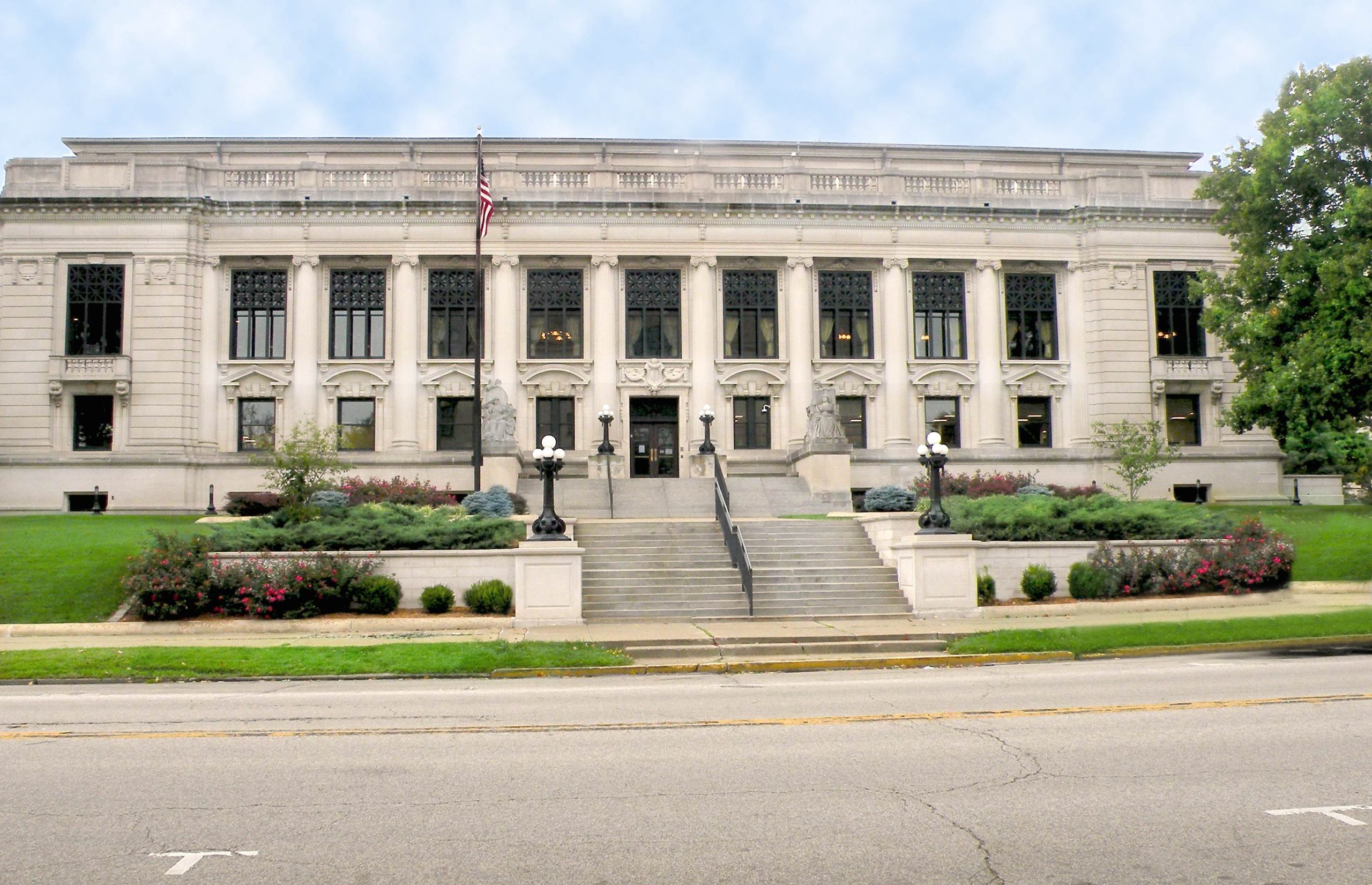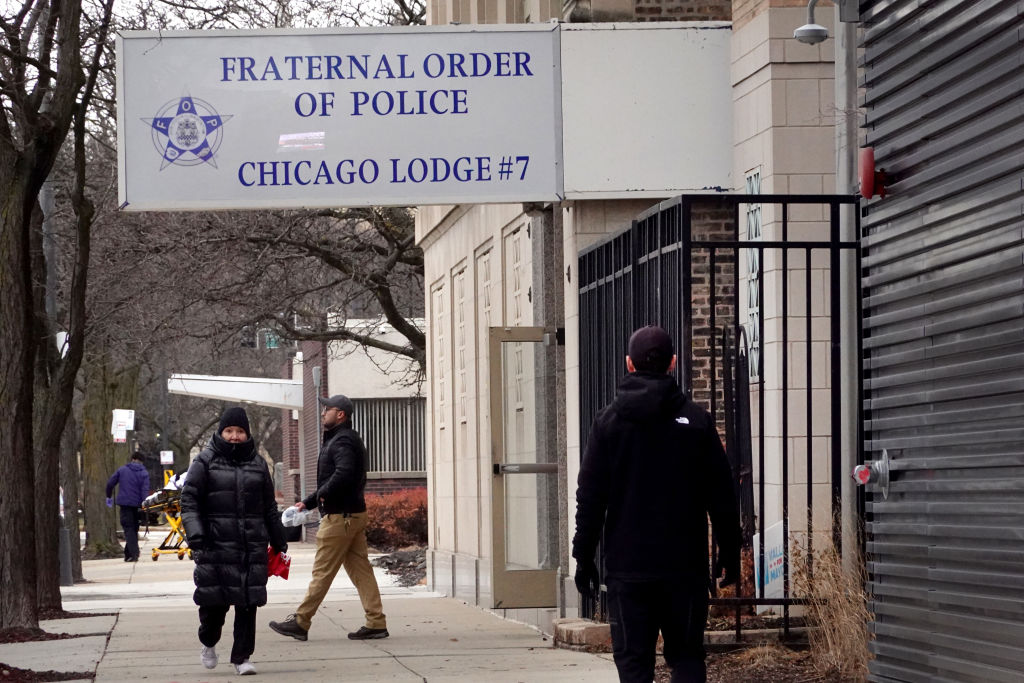An ordinance proposed by the Chicago Board of Ethics and introduced by City Council ethics committee chair Ald. Matt Martin (47th Ward) got the slowroll treatment today, with Alds. Chris Taliaferro (29th Ward) and Nicholas Sposato (38th Ward) using a parliamentary procedure to defer the legislation until the next council meeting.
The ordinance, which would codify enforcement powers for an existing ban on lobbyist contributions to incumbent mayors and expand the prohibition to non-incumbent candidates, passed out of the ethics committee last week over Mayor Brandon Johnson’s opposition, with Ald. Taliaferro the lone “nay” vote.
Following the ethics committee vote Johnson’s office issued a statement calling for the prohibition on lobbyist contributions to affect additional city offices, not just mayoral candidates. Board of Ethics chair Steve Berlin said the administration had not previously requested language expanding the restriction to other elected officials, and Ald. Martin said the mayor’s team did not send the ethics committee any proposed revisions to the ordinance prior to the vote.
The restriction on contributions from registered lobbyists originates in a 2011 executive order penned by then newly-elected Mayor Rahm Emanuel. Earlier this year a complaint over lobbyist donations to Johnson’s campaign committee ended when the city’s Board of Ethics, on the advice of outside counsel, determined that the board lacked statutory power to enforce penalties for violation of the executive order. At the recommendation of the board, Ald. Martin introduced language to close the loophole and grant the board enforcement authority, as well as expanding the ban to all mayoral candidates.
“This common-sense measure codifies an existing rule into city law and gives the Board of Ethics proper enforcement powers,” said Bryan Zarou, Director of Policy for the Better Government Association. “It’s disappointing both to see the mayor advocating against it in committee and to see alderpersons kicking the can down the road in council. If the mayor wants to expand the prohibition to other officials as well, he can introduce that langage. That’s not a reason to obstruct the current ordinance.”
Johnson’s administration has been slow to move on ethics reform, including issues for which then-candidate Johnson expressed support in response to a BGA candidate questionnaire. The city’s inspector general still lacks independent authority to release full investigation reports, and the ongoing use of direct introductions and substitutions in committee means legislative language continues to be voted on and approved before the public has even seen it. A larger package of updates to the city’s ethics ordinance has been stalled in committee since January, including closing a critical campaign finance loophole.
“Mayor Johnson has not proactively addressed ethics issues he raised during the campaign,” Zarou said. “If the mayor isn’t going to lead the way on ethics, Chicago needs a City Council that’s willing to act independently. We urge the council to pass the deferred item at their next meeting, and the ethics committee to take up the larger Board of Ethics package and advance it for a vote, with or without the mayor’s support.”
The Better Government Association is a 101-year-old civic watchdog that seeks better government through investigative journalism, policy reforms and civic engagement efforts that lead to more open, equitable and accountable government. The policy team and investigative unit operate independently of one another, while both seek to advance the cause of better government in Chicago and across Illinois.






